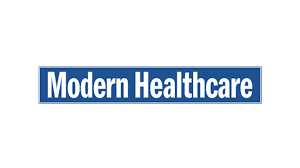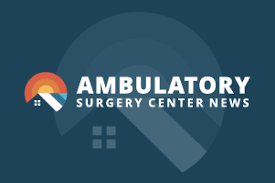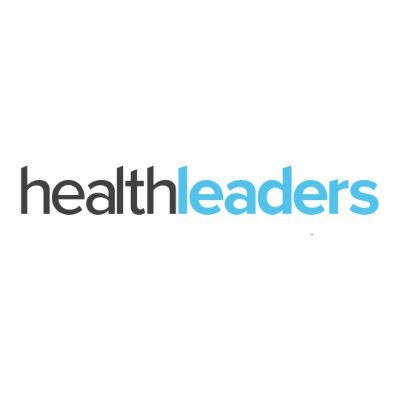
Editor's Note Private equity firms are accelerating their push into outpatient cardiology, lured by reimbursement trends and a fragmented market but shadowed by concerns about patient outcomes and financial motives, Modern Healthcare October 16 reports. Investor activity in cardiology has surged alongside the Centers for Medicare & Medicaid Services (CMS)…

Editor's Note Hospitals, physicians, and private equity are accelerating their push into lower-cost outpatient care. According to Colliers US Healthcare Services Research Report Q3 2025, published on September 22, ambulatory surgery center (ASCs) procedure volumes are projected to grow 9% between 2023 and 2028—outpacing hospital outpatient department growth at 7%—and…

Editor's Note Bariatric surgery delivers greater weight loss and lower long-term costs than GLP-1 medications, Ambulatory Surgery Center News September 18 reports. A new JAMA Surgery study of more than 30,000 patients found that surgical patients lost nearly three times as much weight as those on medication while generating meaningful…

Editor's Note Older age alone should not exclude patients from ambulatory general surgery. A retrospective study published in Cureus on August 27 found that patients over 75 undergoing short-stay general surgical procedures experienced complication and reintervention rates comparable to younger peers, despite higher comorbidity and anesthetic risk scores. The analysis…

Editor's Note Artificial disc replacement (ADR) no longer requires a hospital stay. In one of the largest analyses to date, a California surgical team reviewed 1,043 outpatient ADR cases over 6 years and found zero immediate hospital transfers, zero transfusions, and every patient discharged home in under 24 hours, LA…

Editor's Note Pulmonary embolism (PE) and deep vein thrombosis (DVT) are rare after same-day surgeries, but when they occur, they carry high risks of death and readmission. According to Anesthesiology News May 12, a University of Texas Southwestern Medical Center analysis of more than 1.1 million outpatient procedures found an…

The migration of surgical cases from inpatient settings to ambulatory surgery centers (ASCs) continues to reshape perioperative leadership in 2025. Nationally, the trend is driven by payer incentives, patient preference, and cost pressures, with ASCs now performing more orthopedic, spine, and complex outpatient procedures than ever before. In fact, the…

Editor's Note The Centers for Medicare & Medicaid Services (CMS) is moving to eliminate its Inpatient Only (IPO) List over the next 3 years, a decision that could permanently shift more surgical procedures from hospitals to outpatient settings. According to an August 24 article from Fierce Healthcare, the policy promises…

Editor's Note Artificial disc replacement (ADR) in the cervical spine can be performed safely, efficiently, and cost-effectively in outpatient/ambulatory surgery centers (ASCs), Ortho Spine News July 31 reports. The article details research from Steven J. Girdler, MD, of DISC Surgery Center, who reviewed 6 years of data from 1,043 patients…

Editor's Note Hospital operating margins rose in June as outpatient revenue growth fueled stronger financial performance, though rising bad debt and non-labor expenses continue to pressure stability, according to Kaufman Hall’s latest National Hospital Flash Report. HealthLeaders August 18 covered the findings. As detailed in the article, the median year-to-date…